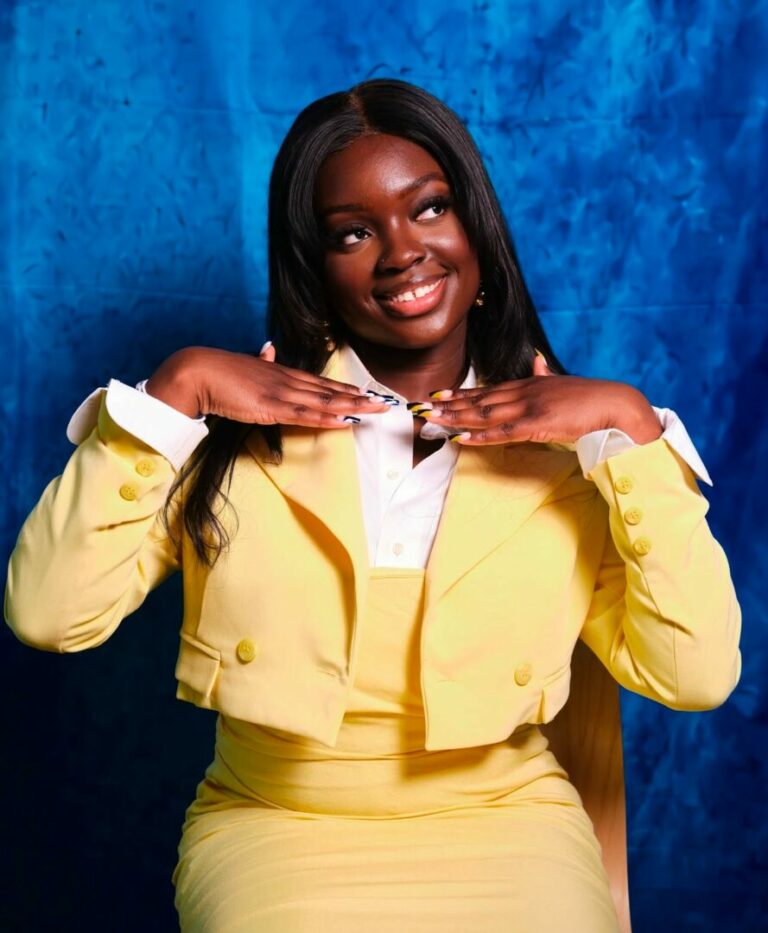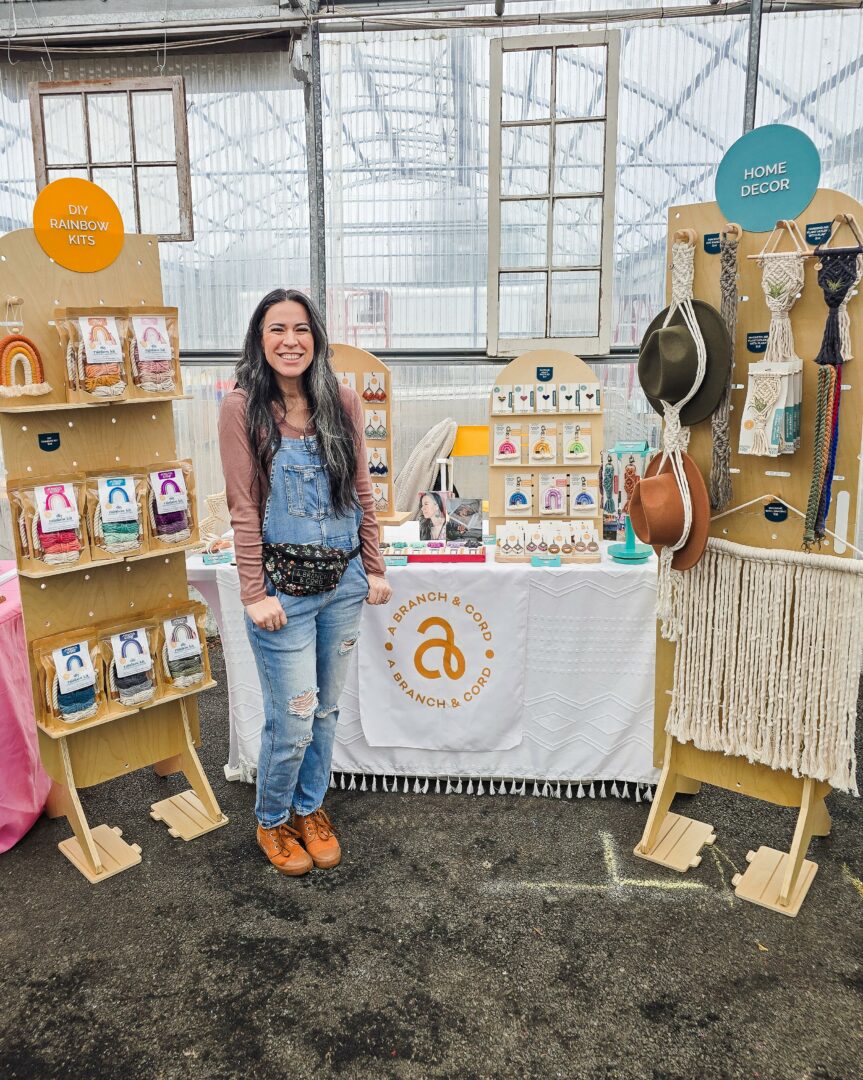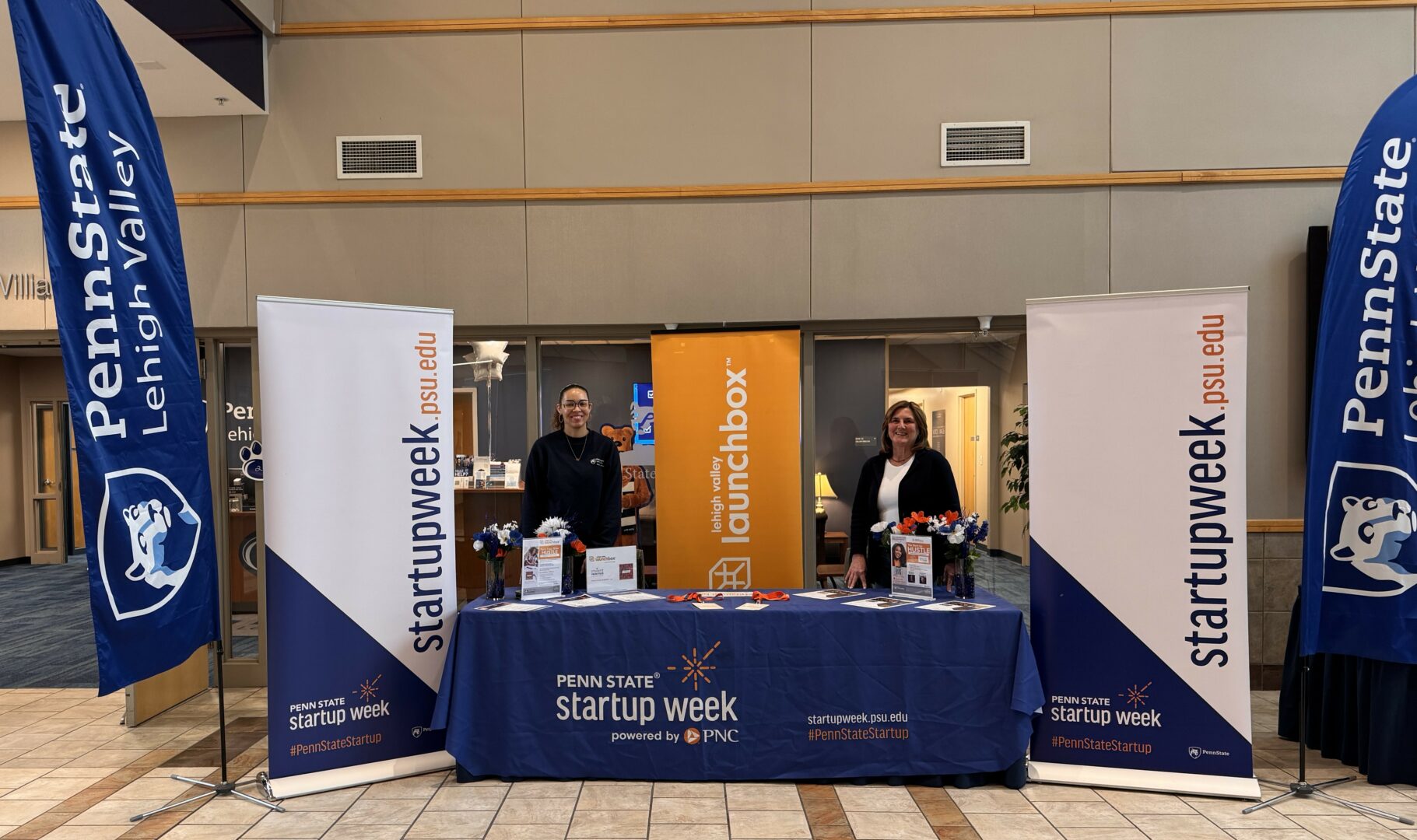We caught up with the brilliant and insightful Arthur Woo a few weeks ago and have shared our conversation below.
Arthur, thank you so much for taking the time to share your lessons learned with us and we’re sure your wisdom will help many. So, one question that comes up often and that we’re hoping you can shed some light on is keeping creativity alive over long stretches – how do you keep your creativity alive?
Working in a creative field, keeping creativity alive can be challenging when one’s day to day tasks often require generating ideas.
Creativity comes from life experiences – constant input. One of the best practices I’ve found is from the book The Artist’s Way – a concept called “The Artist Date”. This practice is one where you consciously make time to explore and experience things that you find interesting.
I often get so wrapped up in work and in my industry that sometimes it’s hard to see the forest for the trees and remember that I am more than just what I’m working on. Exploring outside of my industry and my chosen line of work helps me keep perspective and see things from another point of view. It often generates inspiration I may not have otherwise come up with.
Thanks, so before we move on maybe you can share a bit more about yourself?
I can remember growing up looking at fashion ads in magazines and billboards and being transported to another world. When beginning to work behind the camera, I always came back to fashion photography as an inspiration, and began my career as a cinematographer working on fashion and beauty projects. I’ve worked with brands such as Maybelline, Lancôme, Dior, Prada, L’Oréal Professionnel, Estee Lauder, Vogue Mexico, and more.
Although my initial interest started in the commercial world, I developed an appreciation for motion picture film the longer I worked in the industry. Not having gone to film school, I decided to dive deeper into film education in an effort to better understand cinematic language and storytelling. This led to an unexpected passion for classic films of Hollywood, New Wave, and others. 1940s-1960s films inspired me to begin writing and directing my own projects while continuing to work as a director of photography.
You can view selected work at www.arthurwoo.com
There is so much advice out there about all the different skills and qualities folks need to develop in order to succeed in today’s highly competitive environment and often it can feel overwhelming. So, if we had to break it down to just the three that matter most, which three skills or qualities would you focus on?
In no particular order:
1. Being open minded and saying yes as often as possible: Ever since the beginning of my career to present day, I say yes as often as possible to projects. Working on as many different things as possible has led me to many unexpected places and created unexpected friendships and other opportunities. That’s not to say being selective is a bad thing – you have to know how to vet people and projects. But assuming those checks are in place, being open is a great thing to be.
2. Listening to others. Truly listening. Even though I work in a creative industry, I am still serving clients and other collaborators. While I have ideas on how I think things should be done, listening to others is important. I think it’s one key to longevity. When people know you’re hearing what they’re saying and have their best interest in mind, I think that creates trust.
3. Constantly developing oneself. This is a tough one – the more experienced I get, the easier it is to just rest on the skills I have developed. But I often check myself when I see younger, up and coming creatives who are doing interesting things in ways I hadn’t thought about before. It reminds me that there are always new techniques, methods, skills, etc. that I could develop.
Looking back over the past 12 months or so, what do you think has been your biggest area of improvement or growth?
The biggest area of growth for me the past 12 months was getting back to meeting as many people as I can and continuing to hone my soft skills. For many years, I had gotten away from keeping up with my colleagues or meeting new people, and focused on building my technical skills.
As much as I am an advocate for continual professional development in terms of new skills, soft skills are often very nuanced and I think undervalued in technical roles. But it’s very important when it comes to working with people in charge of you, as well as people who you manage.
I made it a point to meet people for lunch, go to industry events, and spend more time with friends and colleagues, and it’s been great for not only my career, but my well-being in general.
Contact Info:
- Website: www.arthurwoo.com
- Instagram: arthurwoodotcom
- Linkedin: https://www.linkedin.com/in/arthurwoodotcom/
- Youtube: https://www.youtube.com/arthurwoo




Image Credits
Justin Derry, Adam Lim




